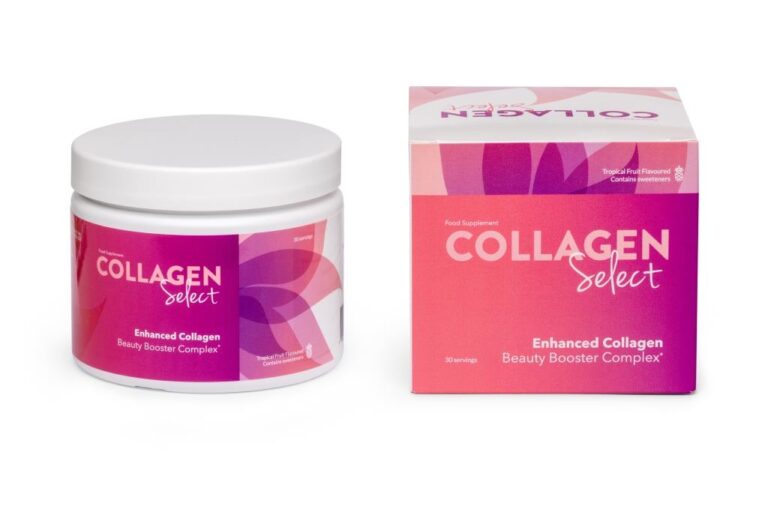In the quest for a healthier lifestyle, many people turn to calorie counting as a means of managing their weight. The premise is simple: consume fewer calories than you burn, and you’ll lose weight. However, this method often leads to frustration, obsession, and unsustainable habits. Fortunately, there’s a new approach emerging that focuses on quality over quantity, mindfulness over restriction. By shifting the focus away from calorie counting and towards nourishing your body with nutrient-dense foods, you can achieve transformative results without the stress and limitations of traditional dieting methods.
The Pitfalls of Calorie Counting
Calorie counting has long been touted as a reliable method for weight management. However, it comes with several inherent flaws that can hinder progress and negatively impact overall well-being.
1. Limited Focus: Calorie counting often reduces food to mere numbers, disregarding the quality and nutritional value of what you’re consuming. This narrow focus can lead to poor food choices and nutrient deficiencies.
2. Unsustainability: Constantly monitoring and restricting calorie intake can be mentally exhausting and unsustainable in the long run. It can lead to feelings of deprivation, guilt, and obsession around food.
3. Inaccuracy: Despite the prevalence of calorie counting apps and databases, accurately tracking calorie intake is challenging. Factors such as portion sizes, cooking methods, and individual metabolism can lead to significant discrepancies.
4. Ignoring Hunger Cues: Calorie counting tends to prioritize staying within a predetermined calorie limit rather than listening to your body’s hunger and fullness signals. This can disrupt your natural eating patterns and lead to overeating or undereating.
The Paradigm Shift: Quality Over Quantity
Instead of fixating on calorie counts, a more sustainable and holistic approach to dieting focuses on the quality of food you consume. By prioritizing nutrient-dense whole foods, you can nourish your body, support overall health, and achieve your weight management goals without the need for strict calorie counting.
1. Nutrient Density: Rather than empty calories from processed foods, focus on whole, nutrient-dense foods such as fruits, vegetables, lean proteins, whole grains, and healthy fats. These foods provide essential vitamins, minerals, and antioxidants that support optimal health and satiety.
2. Mindful Eating: Practice mindful eating by paying attention to your body’s hunger and fullness cues, as well as the sensory experience of eating. Slow down, savor each bite, and cultivate a deeper connection with your food.
3. Balanced Meals: Aim to create balanced meals that include a variety of food groups to ensure you’re meeting your nutritional needs. Incorporate colorful fruits and vegetables, lean proteins, whole grains, and healthy fats into each meal for sustained energy and satisfaction.
4. Intuitive Eating: Trust your body’s innate wisdom to guide your food choices. Learn to differentiate between physical hunger and emotional cravings, and honor your body’s signals by eating when hungry and stopping when satisfied.

Transforming Your Body, Inside and Out
Embracing a quality-focused approach to dieting can yield transformative results that extend beyond just weight loss. By nourishing your body with nutrient-dense foods and adopting mindful eating practices, you can experience a multitude of benefits that enhance your overall well-being.
1. Sustainable Weight Management: Unlike restrictive diets that rely on calorie counting, focusing on quality over quantity promotes sustainable weight management. By nourishing your body with wholesome foods, you can maintain a healthy weight without feeling deprived or restricted.
2. Improved Energy Levels: Nutrient-dense foods provide the energy your body needs to thrive, supporting optimal physical and mental performance throughout the day. Say goodbye to energy crashes and hello to sustained vitality.
3. Enhanced Mood and Mental Clarity: A diet rich in whole foods can positively impact your mood and cognitive function. By fueling your brain with essential nutrients, you can experience greater mental clarity, focus, and emotional well-being.
4. Better Digestive Health: Whole foods are easier for your body to digest and absorb compared to processed foods laden with artificial ingredients and preservatives. By prioritizing nutrient-dense foods, you can support a healthy gut microbiome and alleviate digestive issues.
Conclusion: Embrace a Nourishing Approach to Eating
In conclusion, the traditional method of calorie counting for weight management often falls short in promoting sustainable and holistic well-being. Instead of obsessing over numbers, shift your focus towards nourishing your body with nutrient-dense whole foods and practicing mindful eating habits. By prioritizing quality over quantity, you can achieve transformative results that enhance not only your physical appearance but also your overall health and vitality. Say goodbye to the pitfalls of calorie counting and hello to a more fulfilling and sustainable approach to dieting.
Frequently Asked Questions (FAQs)
1. Is calorie counting completely ineffective? While calorie counting can be a tool for weight management, it often disregards the quality of food consumed and can lead to unsustainable habits. Focusing on nutrient-dense foods and mindful eating is a more holistic approach to achieving long-term health goals.
2. How do I know if I’m eating enough without counting calories? Pay attention to your body’s hunger and fullness cues. Eat when you’re hungry and stop when you’re satisfied. Choosing nutrient-dense foods and balanced meals can help ensure you’re meeting your nutritional needs without the need for calorie counting.
3. Can I still lose weight without counting calories? Absolutely. By prioritizing whole, nutrient-dense foods and adopting mindful eating habits, you can achieve sustainable weight loss without the stress and restrictions of calorie counting. Trust your body’s innate wisdom to guide your food choices and focus on nourishing your body from the inside out.




